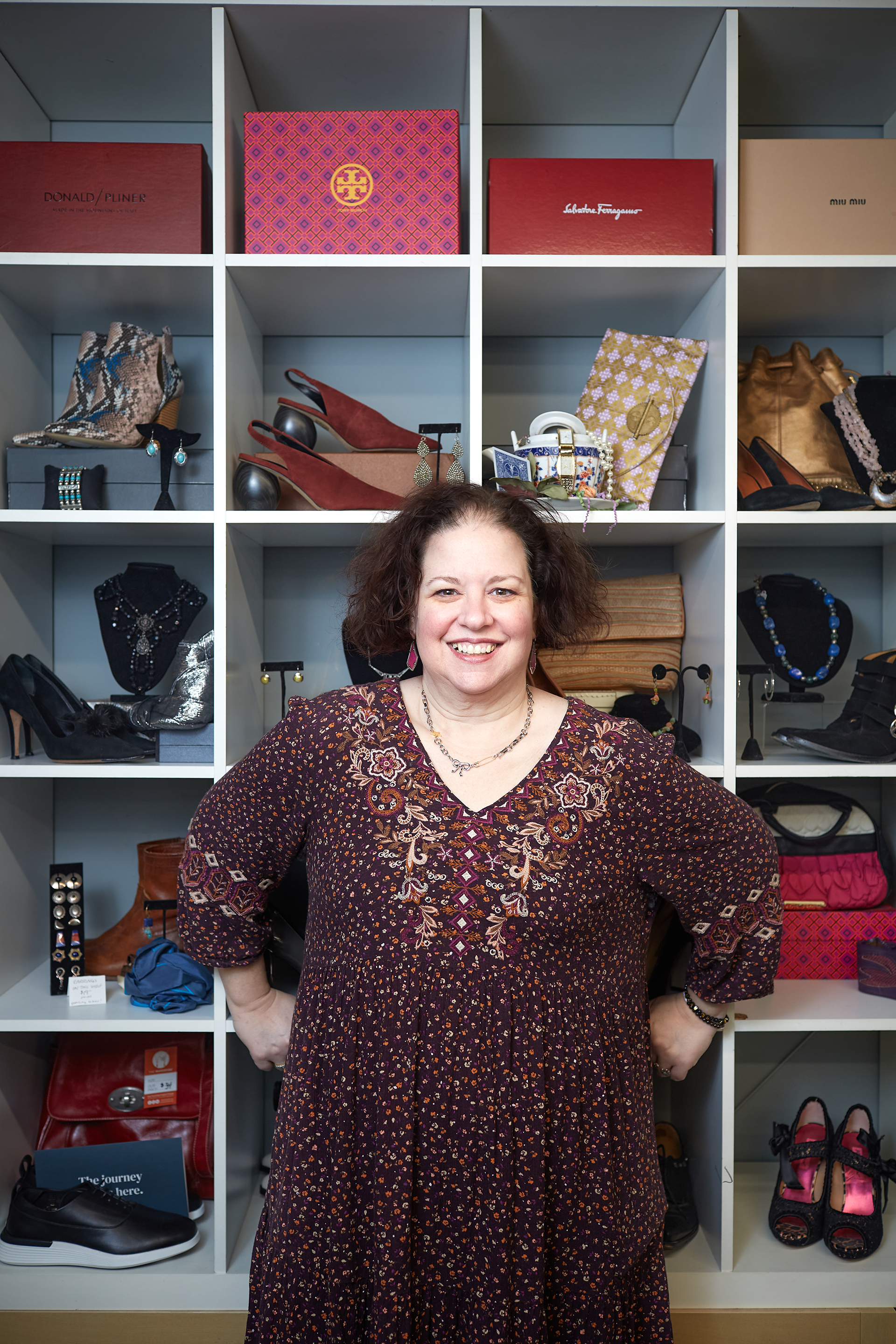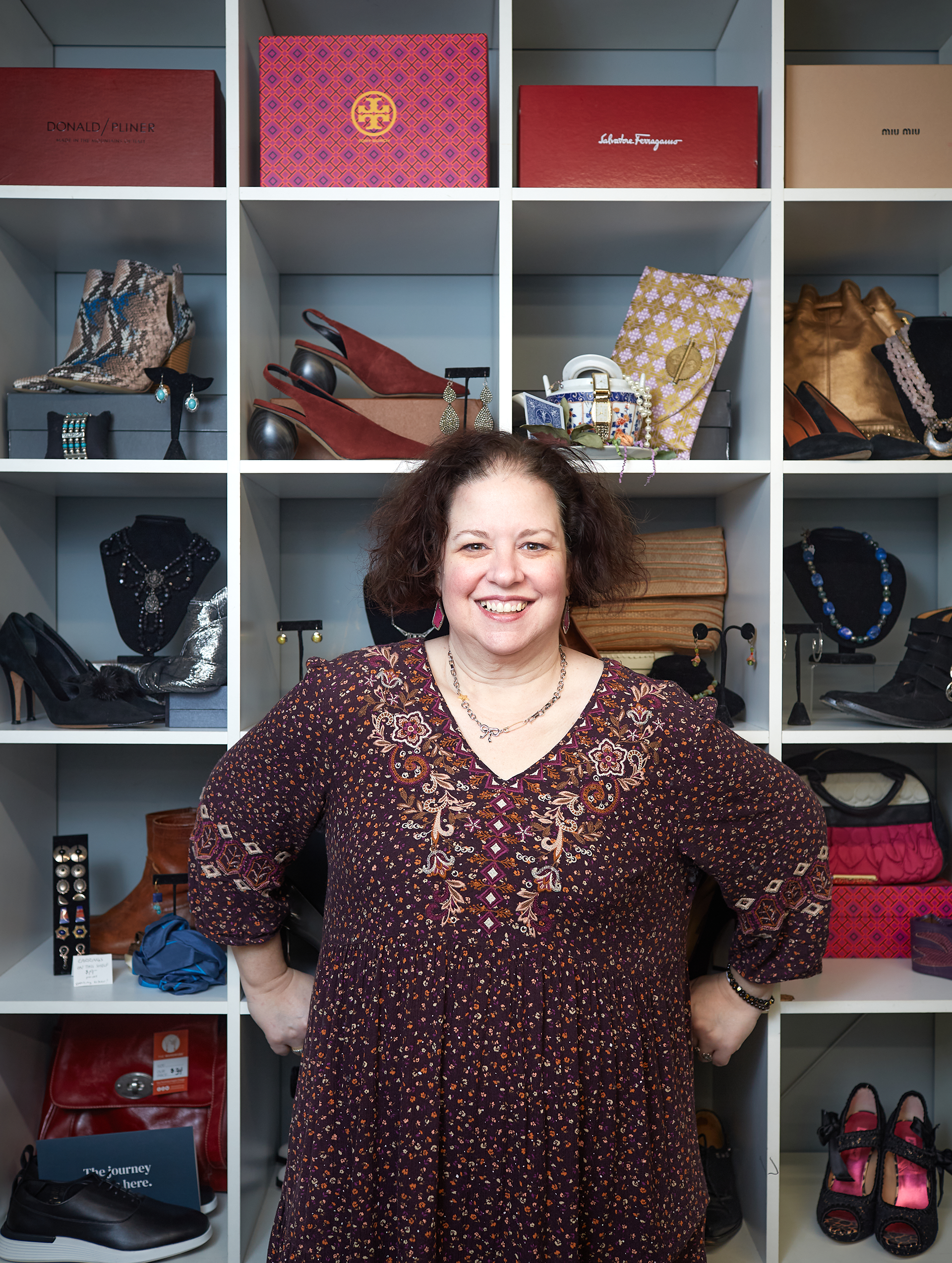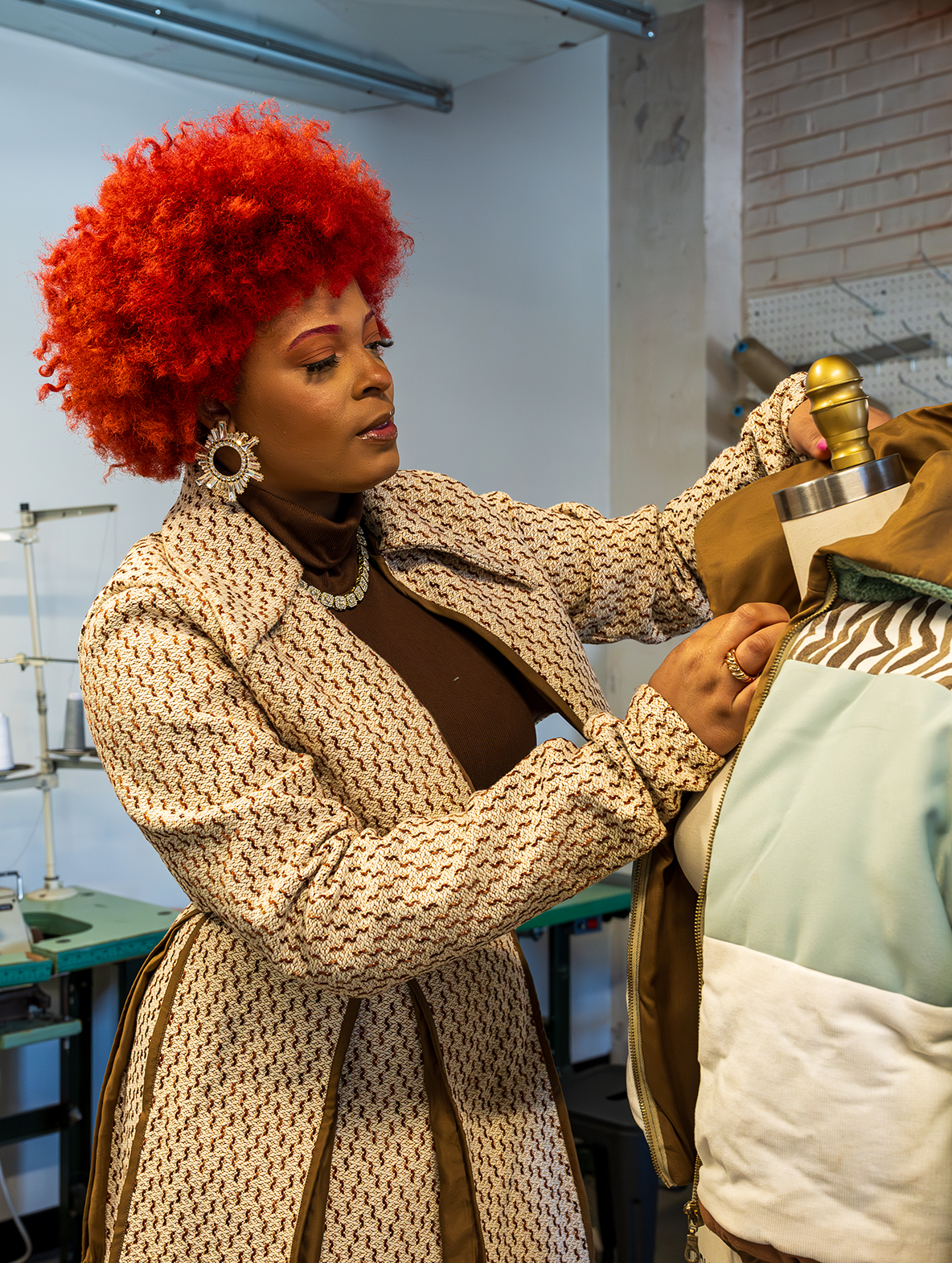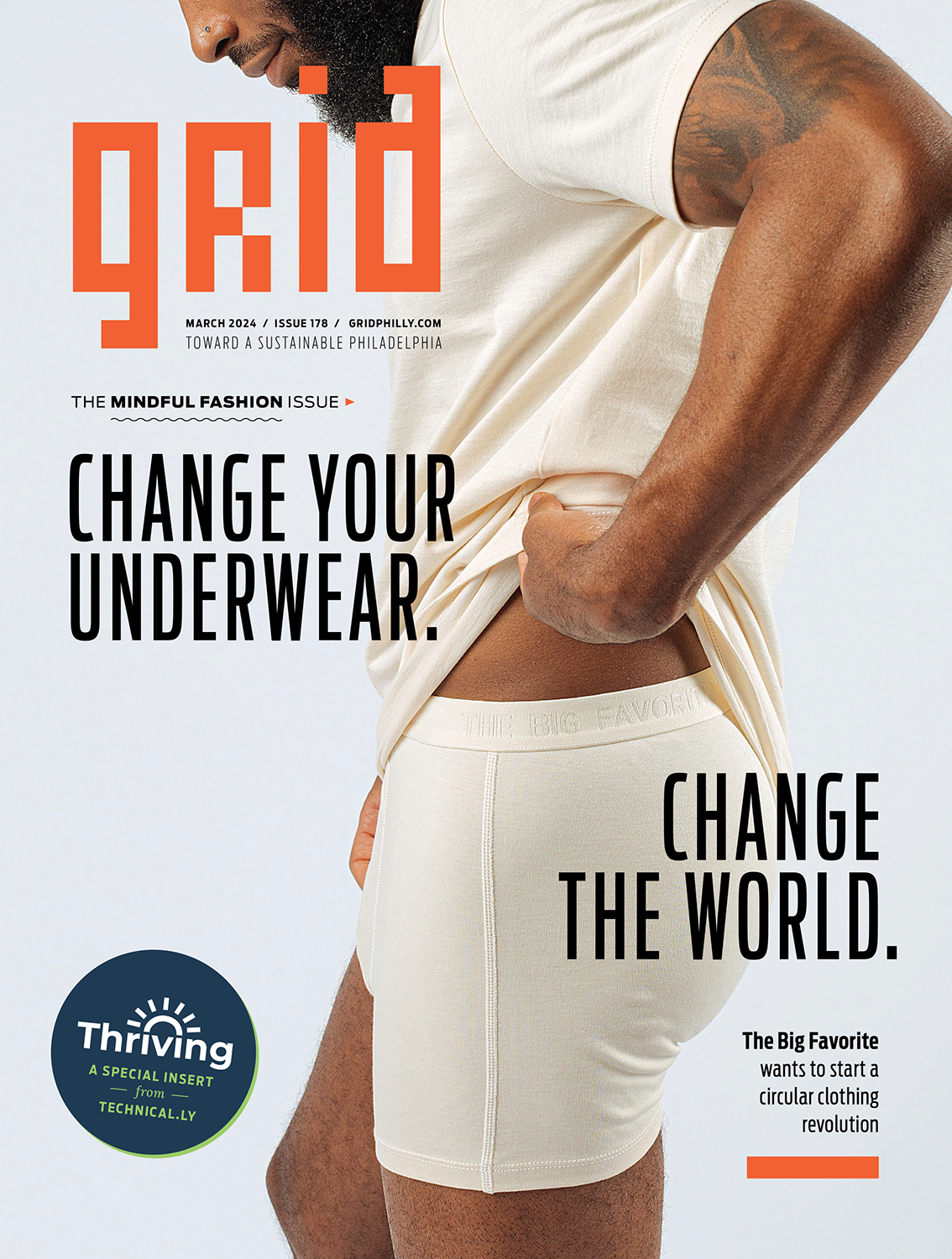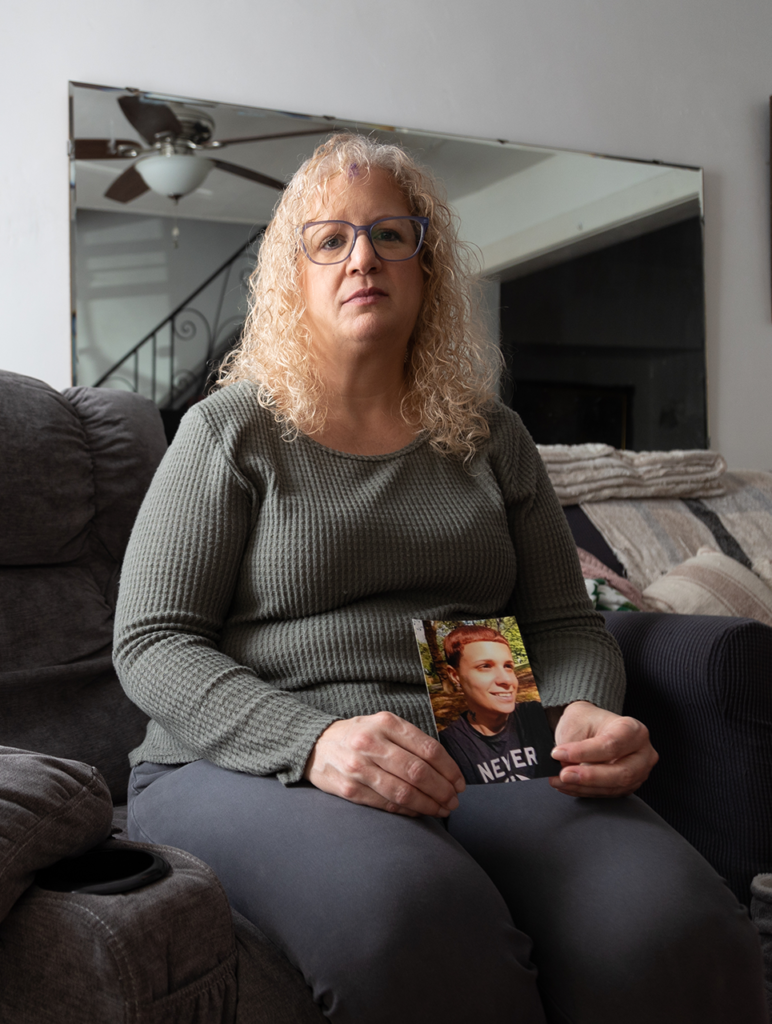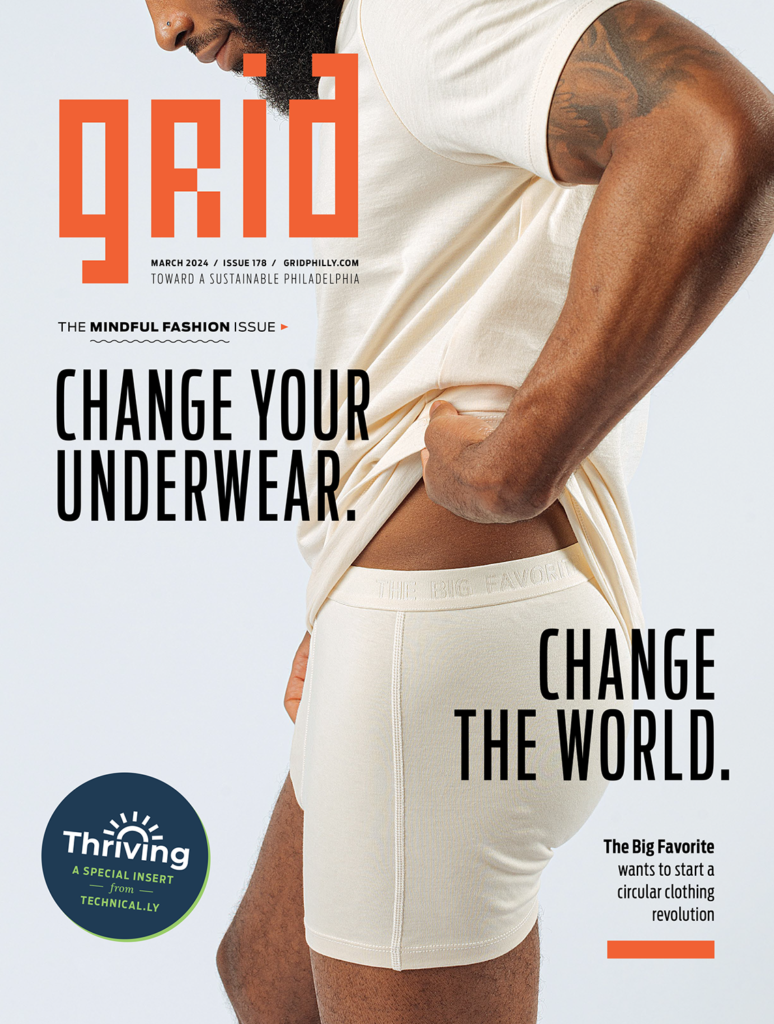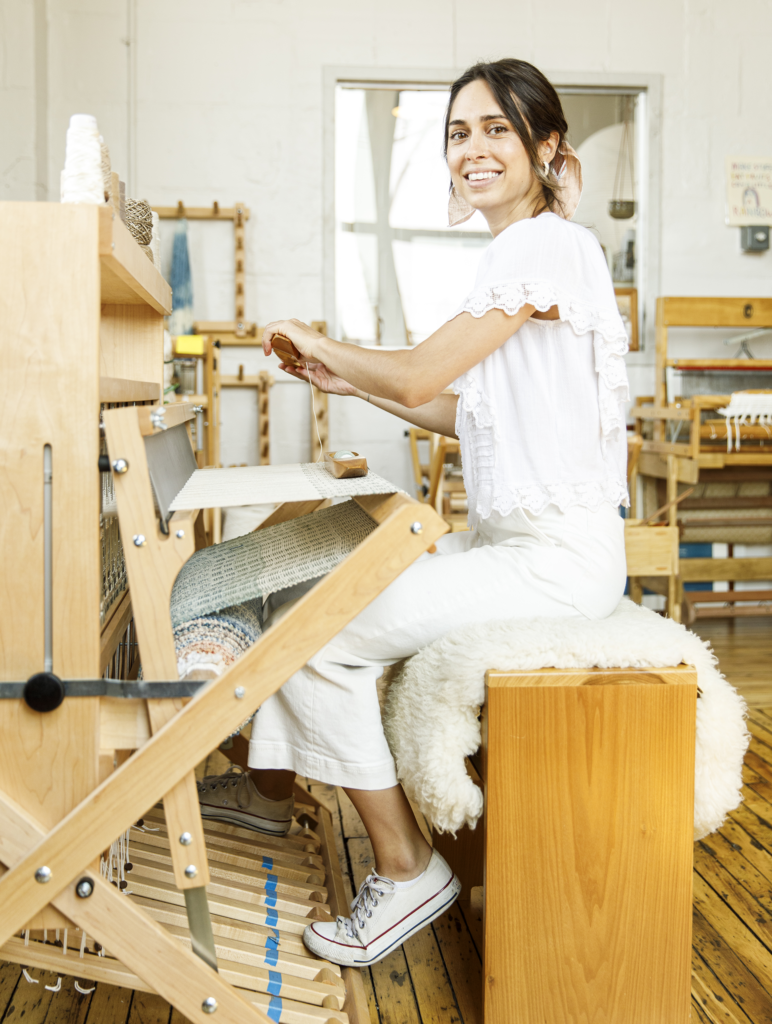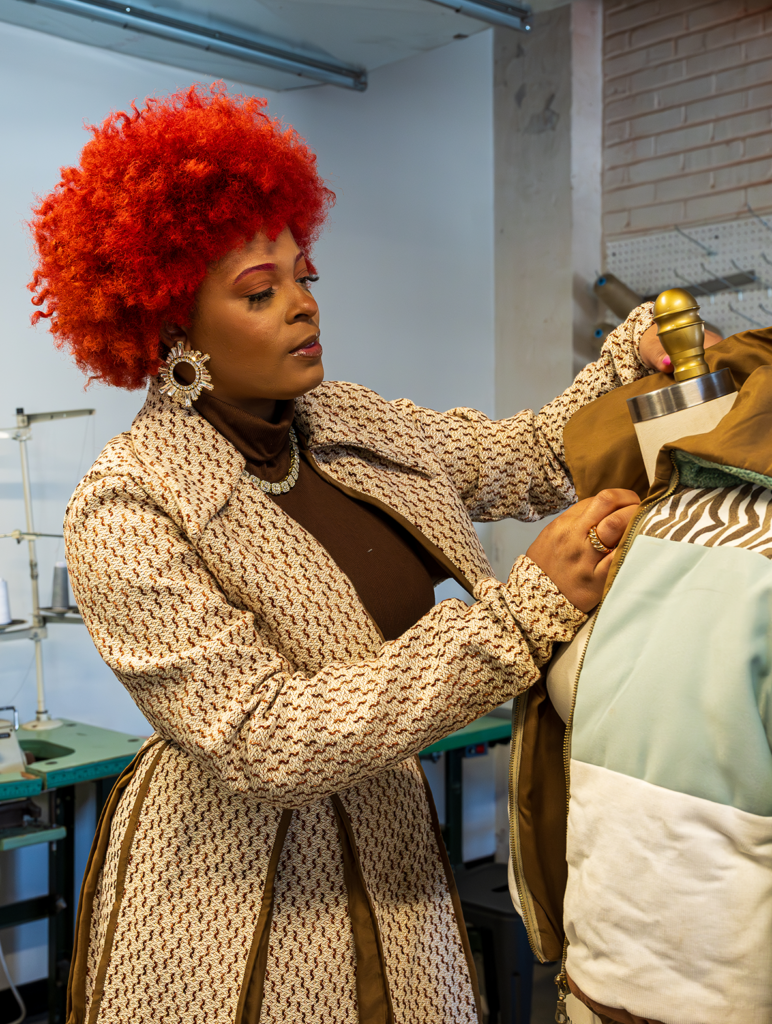In a women’s recovery home for addiction, a volunteer offered to wash Rhonda Richardson’s laundry for her. After seeing that Richardson owned only a few worn pieces of clothing, the woman gave her a voucher for free clothes from The Wardrobe. Little did Richardson know, she’d find both confidence-boosting outfits and a support group at the local nonprofit working to end clothing insecurity. Today Richardson credits the staff and volunteers at The Wardrobe with helping her believe in herself, even on the tough days.
“They made me really feel like somebody,” Richardson says.
The staff at The Wardrobe, founded as Career Wardrobe in 1995, consider themselves transition experts: whether outfitting individuals entering the workforce, or providing everyday clothing to low-income families, immigrants or college students.
After receiving the clothing she needed to successfully gain employment and begin a college program, Richardson went on to become a volunteer and conduct successful fundraisers for The Wardrobe. “I needed something that was strong,” she says. “When you look good, you feel good, and when you feel good, you do good.”
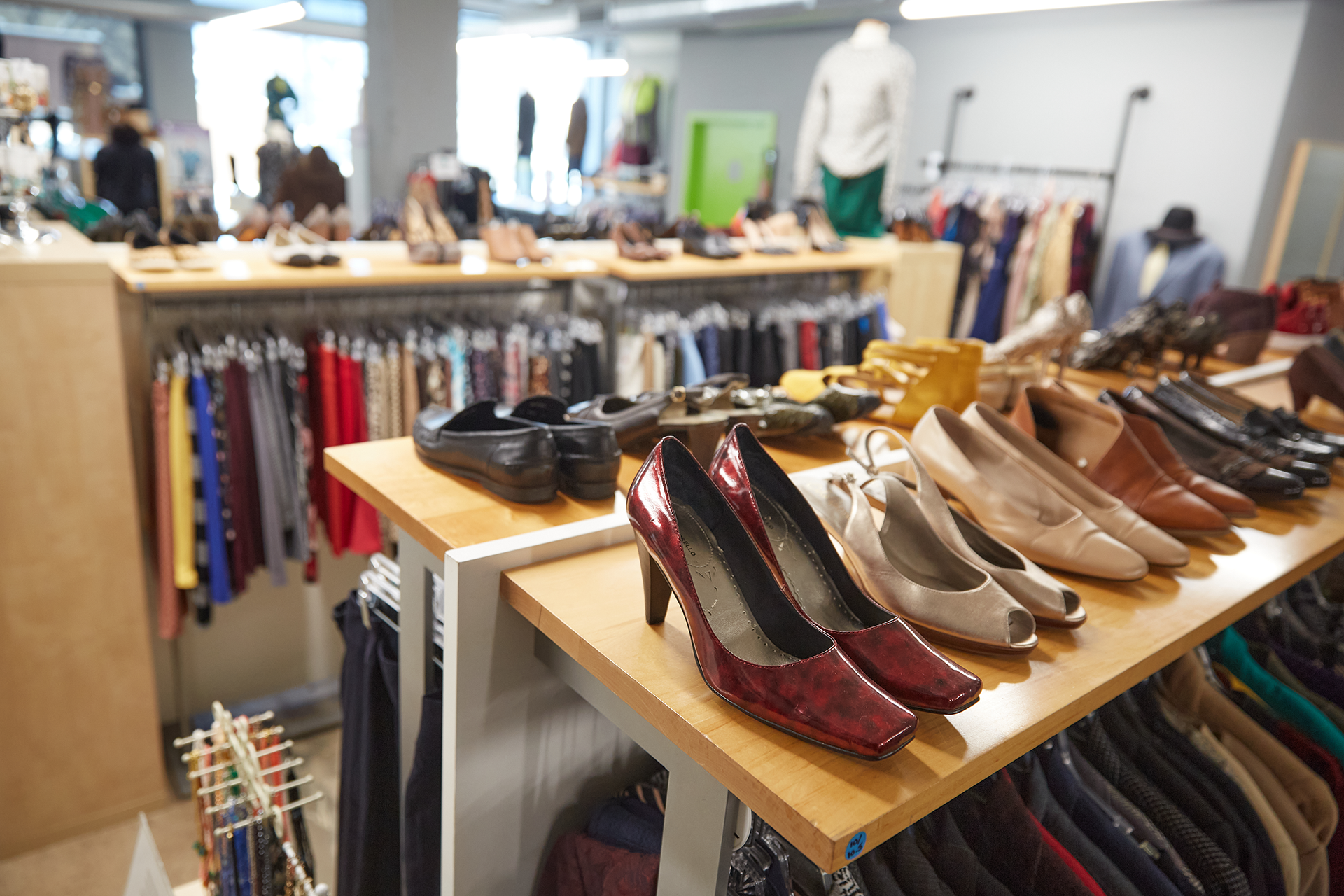
Richardson’s story shows the dramatic difference the right clothes can have on a person’s life, but not everyone has equal access.
While middle and upper income folks often have excess clothing — in the U.S. about 89 pounds of unwanted items per person go into the trash each year based on EPA figures — others don’t have enough. That lack can hold back individuals with low or no income from educational and career opportunities. That’s why The Wardrobe joined forces with community partners across the region to stop clothing insecurity and reduce the environmental harm caused by textile waste.
The Wardrobe’s locations in Philadelphia and Upper Darby (and partner agency Wings for Success in Exton and Kennett Square, Chester County) accept adult-sized clothing and toiletry donations. Volunteers sort items by size to give to clients in need, sell in their stores or ship in boxes to subscribers across the country. Their wardrobe box service curates clothing items and accessories to match individual’s style profile, size and need. The service is available at no charge to clients with clothing insecurity, and sold to others for $65 a box for four garments and an accessory. More than 90 subscribers’ payments currently support the program.
At the stores, the staff strive to create a welcoming environment for everyone. Whether a person is experiencing homelessness or needs clothes for gender expression, all are equally welcome alongside middle-income customers looking for wardrobe updates.
“Can you imagine what it feels like to be welcomed into the store, even if you’re experiencing homelessness?” says executive director Sheri K. Cole. Each month, the staff organizes open wardrobe days to provide free clothing and support services to clients from targeted groups, including veterans, women, LGBTQIA+ and immigrants.
We need everything in your closet to cherry pick the best things that our clients deserve.”
— Sheri K. Cole, The Wardrobe executive director
“I come from a retail background,” says Viviane Redding, a program coordinator. “I have worked [at] places where people have kicked people out for three things wrong … It’s lovely to work somewhere that actively works to prevent that from happening.”
Still, Cole knows the organization’s limitations. Her staff may not be able to reach a person on the other side of town who lacks transportation, and while they want people to donate every article of clothing, pair of shoes, or accessory that they no longer want, she knows that many of those items won’t work for their clients.
So, with The Wardrobe acting as a central distribution point, more than 150 community partners help bridge the gap. Groups like Prevention Point in Kensington, which empowers people affected by poverty and drug use, can coordinate clothing donations and distribution.
Broad Street Ministry, for example, has the space to receive large donations of clothing, but doesn’t have the resources to manage it. “We’re more of the experts at radical hospitality,” says Laure Biron, chief executive officer. “We have about 21 staff that do all the direct service work to those 7,000 individuals we serve a year … We have much less experience in the merchandising area.” Now the two organizations share space, training and staff to leverage their strengths and better serve the community, Biron says.
The Wardrobe also partners with Helpsy, a New Jersey-based textile collection company and B Corp, to recycle what they cannot use. According to a 2023 report published by The Roundup, we produce 92 million tons of textile waste globally each year. Just 20% of textile waste is collected and 1% of clothing is recycled as a new garment. In the end, 87% of materials used to make our clothes end up incinerated or in a landfill.
Founded in May 2016, Helpsy aims to reduce the environmental impact of the clothing industry. “We believe that clothes aren’t trash,” says Lisa Sciannella, chief of staff at Helpsy. Through home pickups, clothing drives and collection bins, the company partners with nonprofits, municipalities and schools in ten states to keep clothing out of landfills.
According to Helpsy’s 2023 impact statement, the company has diverted 31 million pounds of clothing and shoes from the waste stream, a savings of nearly 6 billion gallons of water and 207 million pounds of carbon emissions.
While they focus on environmental impacts, Sciannella says, as a B Corp they strive to provide meaningful work and pay a livable wage to their 73% diverse workforce, including productivity incentives and making their employees company stakeholders. They also contribute winter coats to organizations for distribution where needed.
In partnership with The Wardrobe, Helpsy offers free clothing pickups from households in Bucks, Chester and Montgomery counties that wish to donate to The Wardrobe. The nonprofit also buys The Wardrobe’s excess donated clothing as well as those that are too worn to resell. Cole says that the clothing that doesn’t work for their local partners can go to Helpsy, where she knows it will be recycled correctly and not just shipped overseas to another country’s landfill.
In their store on North 4th Street, Cole gestures at the racks of clothing, reflecting on the importance of donations. “You might see here that we have tailored, high-end things — very nice stuff — but we need everything in your closet to cherry pick the best things that our clients deserve.”
